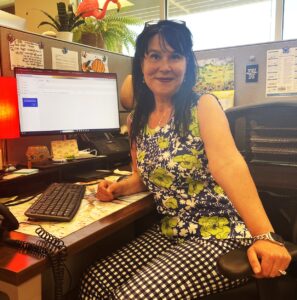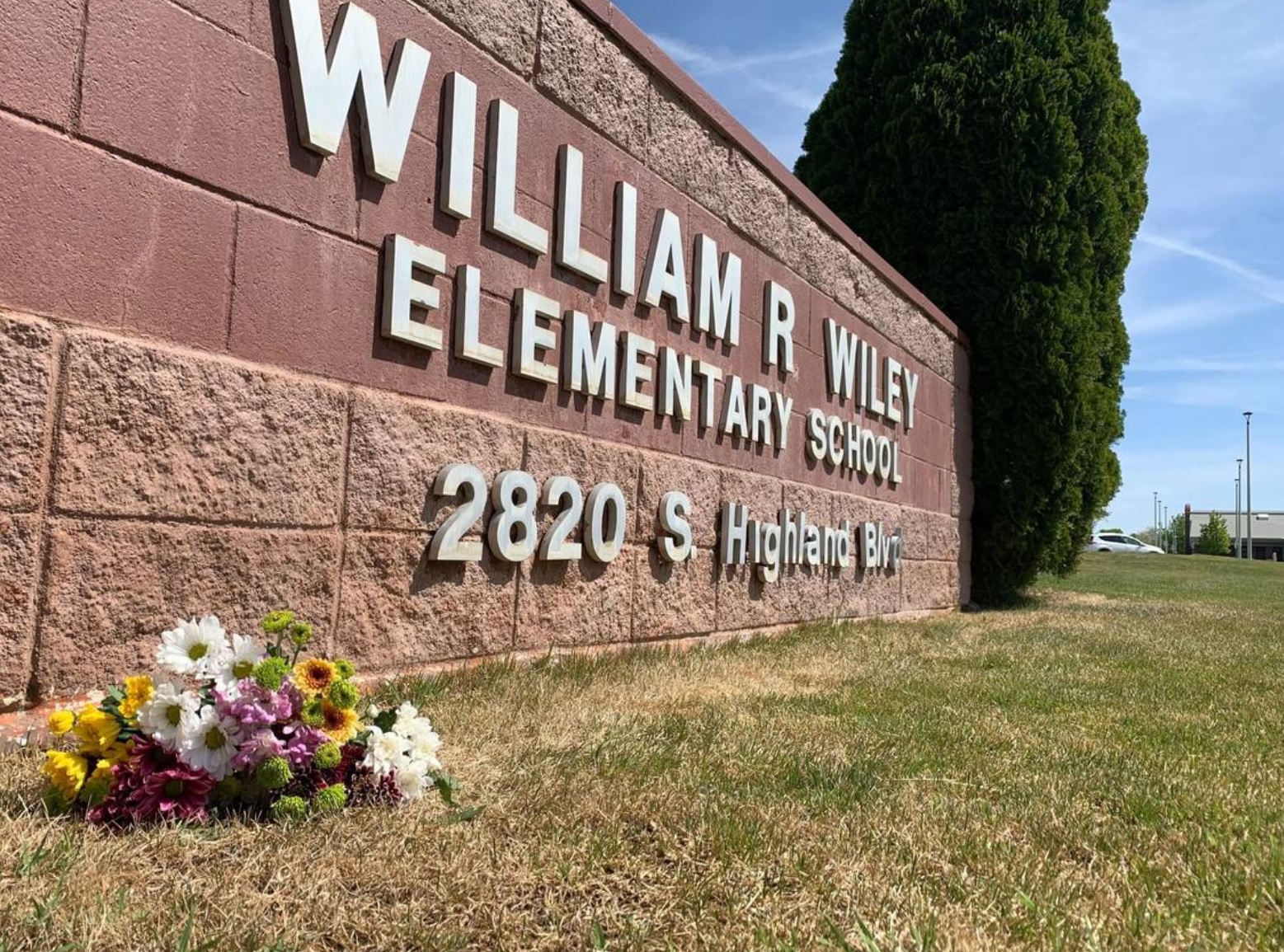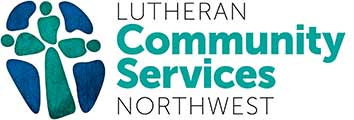LCSNW Tri-Cities team responds in big way after school shooting
Photo at right: The entrance to Wiley Elementary School after the April 22, 2024 school shooting. (Tri-City Herald photo)
The importance of LCSNW’s school-based mental health program came into sharp focus after a recent crisis on the campus of a Tri-Cities elementary school.
The shooting death of a beloved para-educator last spring, and the community lockdown that followed, caused significant trauma to students, parents and staff. But the established relationships and trust of LCSNW’s school-based mental health team created an atmosphere for healing and recovery to begin.

Kiersten Uffenorde is Case Manager of LCSNW’s school-based mental health team in the Tri-Cities.
“I think our school-based mental health program is the crown jewel in Lutheran’s tiara,” said Kiersten Uffenorde, Case Manager on the team.
Since 2022, a partnership between LCSNW’s Tri-Cities staff and the Richland School District has brought a more accessible and individualized level of care directly to students and families. LCSNW’s Yamhill County, Oregon, mental health team has a similar program with the McMinnville and Newberg School Districts.
For too long, Northwest communities have endured long wait times for mental health resources, often leaving at-risk youth to struggle with undiagnosed challenges.
With a tragic increase in youth suicides and the aftermath of Covid isolation, LCSNW and the Richland School District united to ensure local youths have equitable access to therapeutic resources. Two Clinicians are assigned to two Richland high schools, while one Case Manager is available to all 22 schools in the district.
Those school-based resources sprang quickly into action on April 22, 2024.
For Kiersten, the details of that afternoon remain vividly clear in her mind. She had finished her work for the day. She looked at her phone; it said 3:24 p.m. She left her office and stopped for gas. Down the road, she saw “a wall of strobing lights” as emergency response vehicles took a right turn.
Her heart skipped a beat. They were racing toward Wiley Elementary. She would soon find out that paraeducator Amber Marie Rodriguez had been killed minutes earlier by Amber’s ex-husband, who fled the scene.
Over the next several weeks, the Richland community came together, encircling Wiley families and staff with a spirit of generosity and hope.
It was a community response that Kiersten helped coordinate for four straight weeks. She built a spreadsheet that would eventually grow to 80 students; it included victim witnesses as well as other children whom parents and staff identified as needing help. Determined that no child would get stuck on a waiting list, Kiersten contacted eight local mental health agencies to make sure families had referrals for care within 48 hours.
“Kiersten went above and beyond to ensure that every student, teacher, and staff member felt supported and cared for,” said Sharon Gentry, LCSNW Tri-Cities District Director.
Other members of LCSNW’s School-Based Mental Health Team – Andrea Peyton, Kari Courtney, Kendra Oney-Gardner, and Liz Pabst – also played key roles in the response. They provided therapy on the Wiley campus during school hours as well as after-hours to school and district staff. Our Tri-Cities District also opened 10 spots in their youth mental health crisis stabilization program, known as SWIFT.
Sharon praised the whole team for “lifting others during this devastating time within our community.”
Andrea, the Program Director, credited the strong relationship with local school leaders. “Our partnership with Richland School District has been built through time, collaboration, trust and open communication as we work towards the same goal of student and staff wellbeing.”
Kiersten said her experience during the Wiley response was “life-changing.” And being part of the school-based mental health team, she said, is “one of the greatest privileges of my career.”

